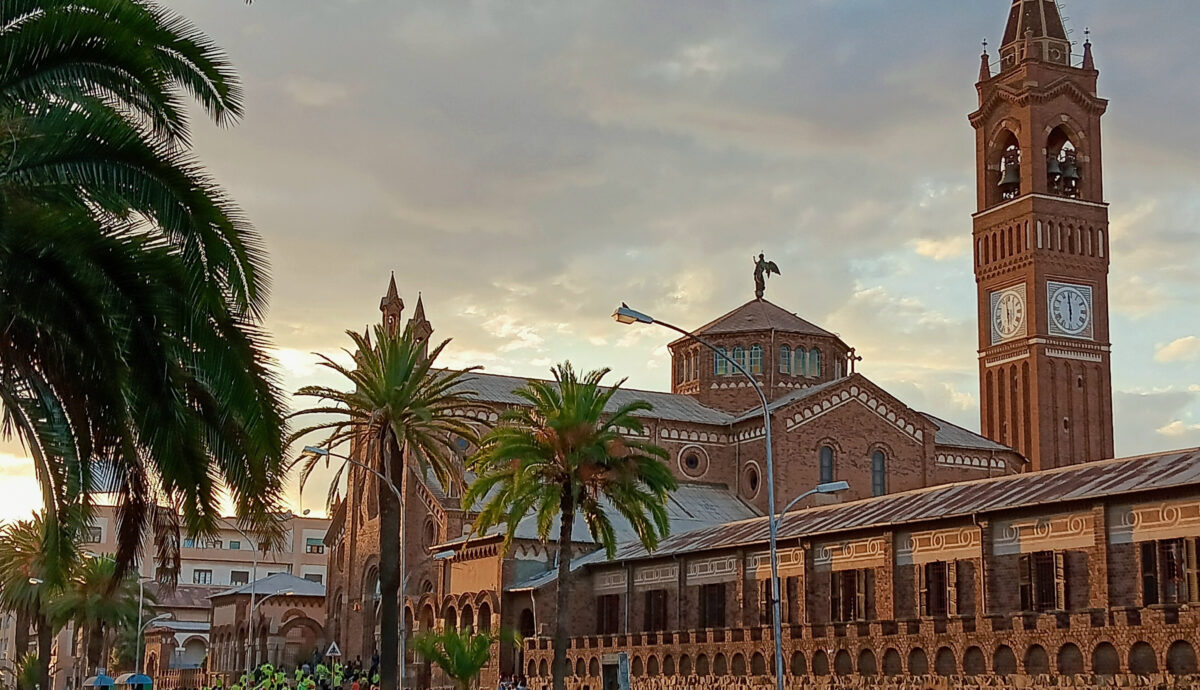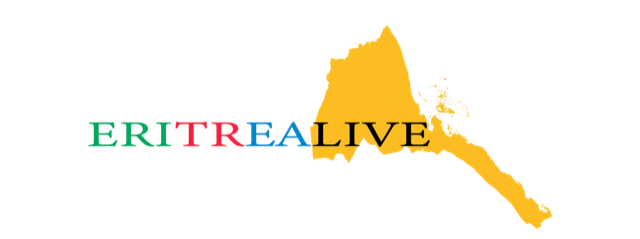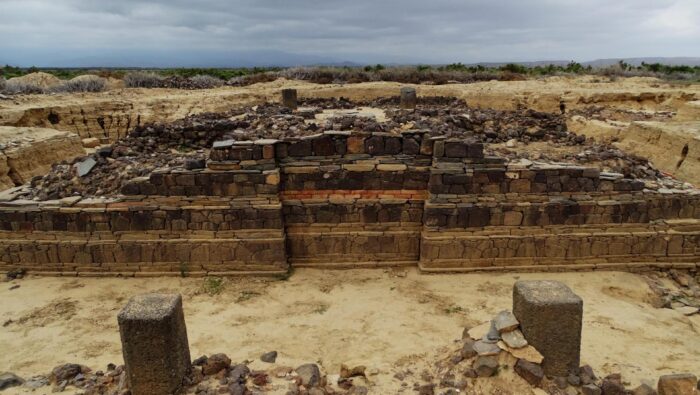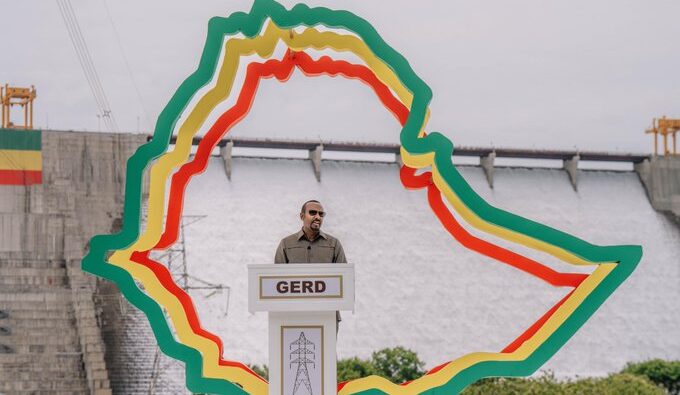
Instability in the Horn of Africa: Eritrea Accuses Abu Dhabi
Amid Red Sea tensions, expansionist ambitions, and regional unrest, Eritrea accuses the UAE of fueling conflicts in the heart of Africa.
A Hidden Hand in East Africa
The Horn of Africa is in turmoil. But many observers believe the real mastermind isn’t in Asmara or Addis Ababa—but in Abu Dhabi. The UAE, increasingly active in the region, is expanding its geopolitical, military, and commercial influence along the Red Sea.
Ethiopia’s Demand: “We Need a Port”
Ethiopian Prime Minister Abiy Ahmed has called direct Red Sea access “essential.” Since losing its coastline in 1991 after Eritrea’s independence, Ethiopia—now with 120 million people—relies heavily on the port of Djibouti and other regional hubs.
Abiy recently warned that Ethiopia may use “any means necessary” to secure its own port. Analysts see this as a political and military signal, not just a logistical concern.
Reactions followed swiftly. Somalia said borders aren’t negotiable. Djibouti insisted on its sovereignty. Eritrea—initially silent—responded through President Isaias Afwerki.
Isaias: “Abu Dhabi Is Behind It”
On state TV, Isaias blamed Mohamed bin Zayed, the UAE president, for pushing to control Assab, Eritrea’s key port.
He contrasted him with his father, the UAE’s founder, whom he described as a neutral mediator. The current leadership, Isaias claimed, is pursuing expansionism along the Red Sea and Indian Ocean.
A Quiet Expansion Strategy
This isn’t just an Ethiopian move. It’s part of a wider UAE strategy. Through third parties, the Emirates have militarized ports and bases in Yemen and Somalia (e.g., Berbera).
Now, focus has shifted to Assab. The UAE aims to build a network of maritime infrastructure under its control, offering security, investments, and influence in return.
A Destabilizing Agenda
Isaias accused the UAE of destabilizing not just the Horn of Africa, but the entire Sahel region. Countries affected include Somalia, Sudan, Chad, the Central African Republic, and Libya.
“We’ve seen constant UAE flights bringing weapons and drones,” Isaias said, claiming they supply armed groups and militias.
Sudan: A War Fueled From Outside
On Sudan, Isaias argued: “This isn’t a civil war or a generals’ feud. It’s a conflict driven by foreign interests,” with resources flowing in from Abu Dhabi. Sudanese leader Abdel Fattah al-Burhan echoed this, accusing the UAE of war crimes and submitting evidence to international bodies.
Eritrea, said Isaias, cannot ignore the Sudan conflict, which spills over into the wider region.
The 2019 Uprising and Blocked Transition
The roots of Sudan’s crisis lie in the 2019 popular uprising, sparked by demands for reform and justice.
“We wanted to support a transitional government that reflected the people’s hopes,” Isaias said. “But foreign powers—mainly the UAE—blocked that path.”
The West’s Silence
Isaias also condemned the West’s silence over UAE arms trafficking into Africa. “No sanctions, no investigations, no official response.”
He pointed out that while Ethiopia enjoys international legitimacy despite its internal conflicts, the UAE is still viewed as neutral or modernizing by many Western powers.
Not Just Territory: A Bid for Control
Isaias made it clear: Ethiopia’s Red Sea demands are not only about land. They are part of a larger plan to control key maritime routes.
And in a world looking the other way, a war may already be underway—not led by a man in uniform, but by one in a white kandura from the Emirates.
.






Lascia un commento